Farewell to the days of unchanging code and large, single-system designs. The future of software development is shining brightly with new ideas powered by the exciting worlds of artificial intelligence (AI) and quantum computing. We’re moving away from old, stiff ways of making software to more adaptable, intelligent technologies.
The direction of software development is heading towards more innovation, significant changes, and endless opportunities. This path forward isn’t just about new tech developments; it reflects our ability to push the limits of software and use our creativity to open up new possibilities.
In this article, we will create a comprehensive vision that touches on the most significant trends and challenges shaping the future of software development.
-
The revolution of Artificial Intelligence and Machine Learning
Artificial Intelligence (AI) and Machine Learning (ML) are set to play a pivotal role in the future of software development. These technologies are enhancing the efficiency of developers by automating complex tasks, from code generation and bug fixing to predictive analysis and personalized user experiences.
-
The Cloud Computing Uprising
Cloud computing has fundamentally transformed the way software is developed, deployed, and scaled. It offers developers a flexible, scalable, cost-effective platform that supports rapid application development and deployment. The cloud’s pay model eliminates the need for huge investments in infrastructure, making cutting-edge development accessible to companies of all sizes.
-
Quantum Computing: The Next Frontier
Quantum computing, with its potential to perform complex calculations at speeds unimaginable with today’s technology, is poised to revolutionize fields such as cryptography, material science, and optimization problems. For software development, this means new challenges and opportunities in security, data analysis, and problem-solving methodologies.
-
Empowering Creators with Low-Code and No-Code Platforms
The rise of low-code and no-code platforms is democratizing software development, enabling individuals without extensive programming knowledge to create applications. This trend accelerates the development process, fosters innovation, and bridges the gap between technical and non-technical creators.
-
CI/CD: Streamlining Software Delivery
Continuous Integration and Continuous Deployment (CI/CD) practices are becoming the backbone of modern software development, facilitating faster release processes, improved quality, and higher efficiency. By automating the integration and deployment processes, CI/CD allows for rapid feedback and improvements, ensuring that software can swiftly adapt to changing needs and environments.
-
The Evolution of Programming Languages
As the software landscape evolves, so do the languages used to create it. New programming languages and frameworks are emerging to address specific challenges such as concurrency, scalability, and maintainability. These developments enable developers to write more efficient, secure, and readable code across diverse platforms.
-
Extended Reality (XR) and Its Expanding Horizons
Extended Reality (XR), encompassing virtual reality (VR), augmented reality (AR), and mixed reality (MR), is redefining human-computer interaction. By creating immersive and interactive experiences, XR opens new avenues for software applications in education, healthcare, entertainment, and beyond.
-
Blockchain: A New Paradigm for Software Security
Blockchain technology is offering a new approach to ensuring software security and integrity. By facilitating secure, decentralized transactions and data storage, blockchain is becoming critical to developing trust-based systems in finance, supply chain, and identity management.
-
Sustainability: A Core Consideration
Sustainability in software development is gaining distinction, with an increasing focus on designing energy-efficient applications and reducing the carbon footprint of data centers. Green coding practices and sustainable development methodologies are essential considerations in the software lifecycle.
-
The Global Virtual Workspace
Remote and distributed teams are becoming the standard, driven by advancements in collaboration tools and changing workplace expectations. This shift allows for greater flexibility and access to global talent and challenges teams to adopt new practices for communication, project management, and cultural integration.
The trends shaping this future are not just pathways to technological advancement but avenues for positive change, making the future of software development a journey worth embarking on. Let’s embrace this journey with open arms and a visionary spirit, ready to shape a harmonious future where technology and humanity converge.
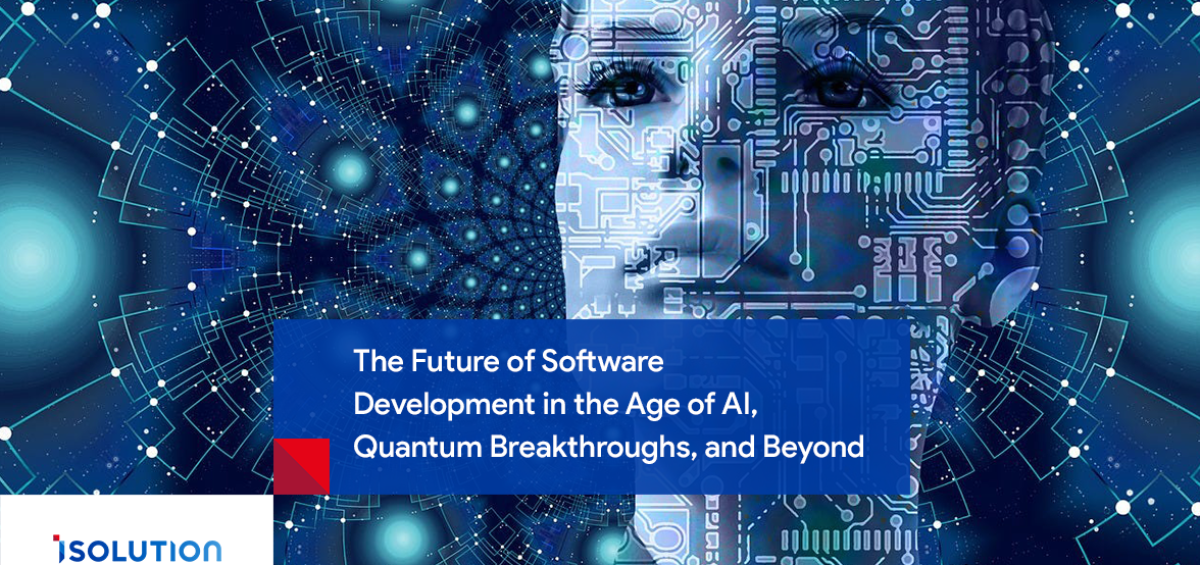
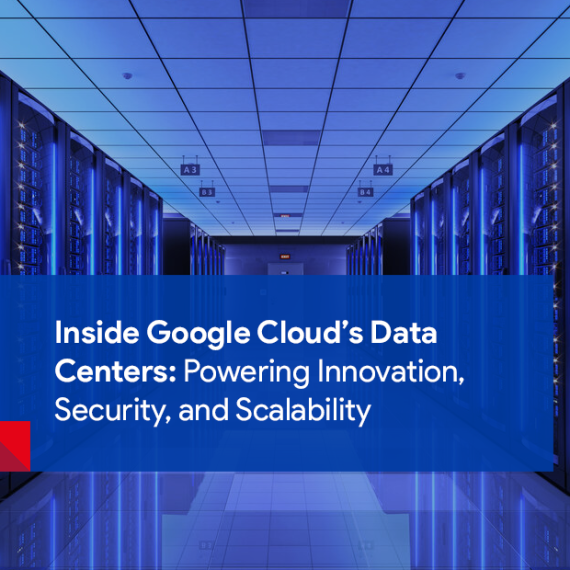
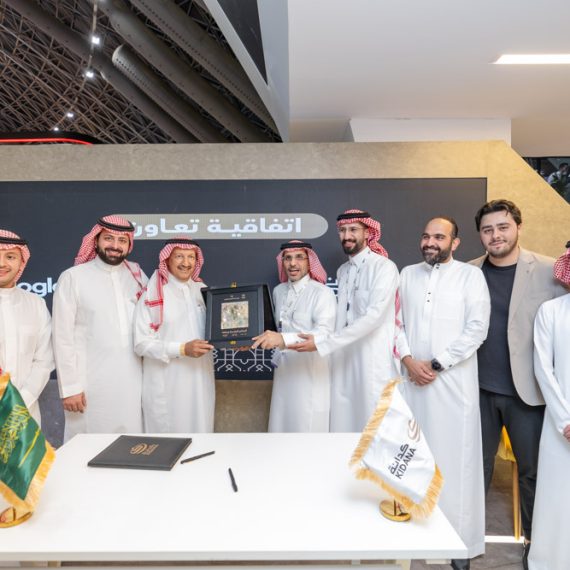
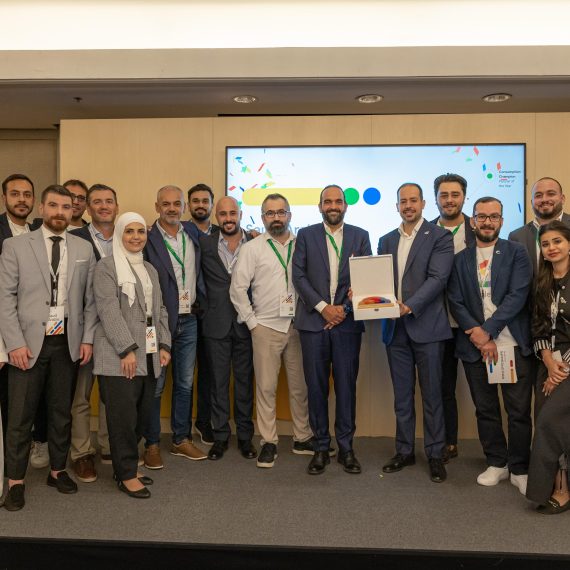
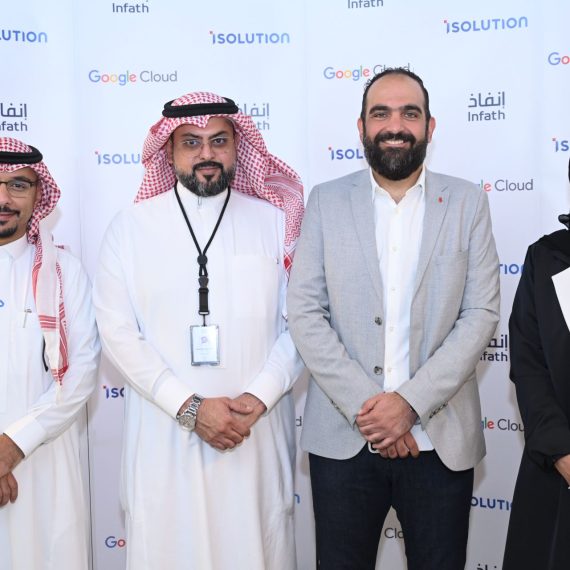

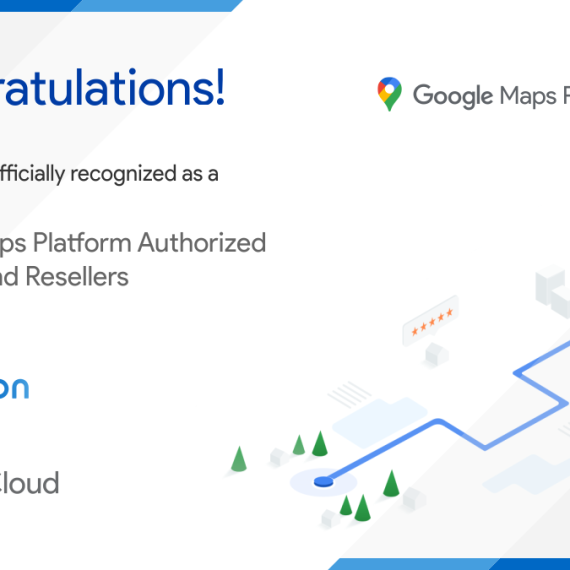
Leave a Comment